The British Committee for the Reunification of the Parthenon Marbles was created in 1983 by James Cubitt, my late husband, after we met with Melina Mercouri and Jules Dessain. As a British architect, James felt that the Parthenon Marbles should be displayed in Athens.
Today the BCRPM continues to be an advisory and campaigning committee, its members united in the knowledge that the British Museum would enjoy many benefits as a result of repatriation. At the same time it would support the public’s wishes and keep with its founding charter. More importantly, by showing strong ethical and moral leadership, the global community would see that there is a way to resolve controversial cultural property issues.
We live in difficult times, facing many difficult issue, some perhaps so big, they may not be resolved for decades to come and certainly after my time. The continued fragmentation of the Parthenon marbles need not be an unresolved matter. The superlative new Acropolis Museum is the perfect place to reunite the surviving fragmented pieces.
Neil MacGregor, the British Museum’s highly capable and charismatic director has turned his museum into a pro-active force in the field of cultural diplomacy. He has articulately shown how objects can go beyond politics; can build bridges between countries; bring unity where previously there was division; nurture understanding in place of suspicion and distrust. Yet these principled endeavours continue to be undermined by the case of the Parthenon Marbles.
The British Committee and many supporters all around the world firmly believe that it is in Neil MacGregor’s ability to resolve the situation. By shifting attention onto a more positive path and by concentrating on the benefits of reunification, the British Museum and its well respected director would put right a very old wrong and in so doing, they could be justifiably proud. It would demonstrate strong ethical and moral leadership, proving to the global community that there is a way forward for the reunification of the Parthenon Marbles.
“Cultural heritage should refer to those objects which are of central significance and vital importance to the sense of identity and dignity of any human group and whose removal by force or deception or even ignorance could cause great sorrow, pain and outrage to people who believe such objects belong to them as an integral and essential part of their history and their heritage.”
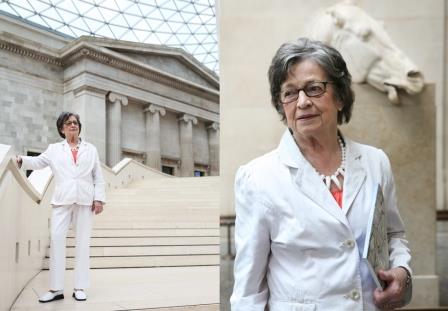
Mrs Eleni Cubit, Honorary Secretary for the British Committee for the Reunification of the Parthenon Marbles, London, March 2012
This article was printed in the Embassy of Greece in Beijing, China, in the Embassy's monthly newsletter, published in March 2012 by Christos Failadis, Press & Communication Counsellor
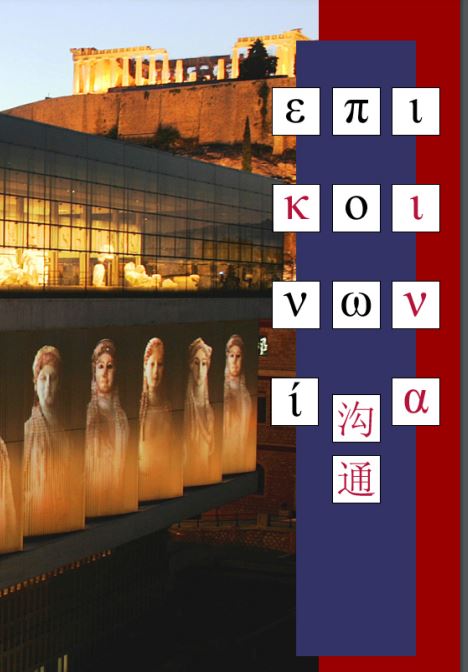

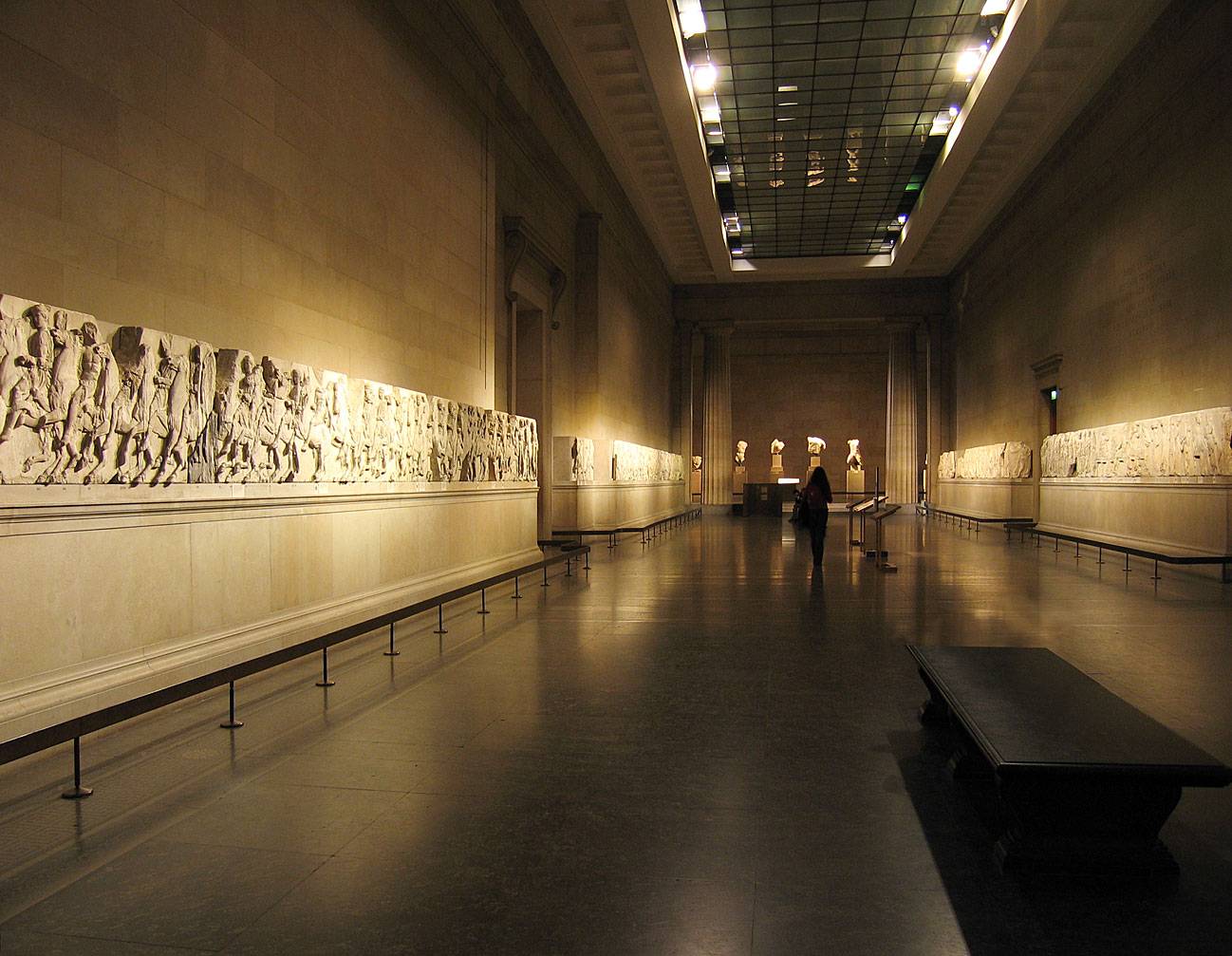
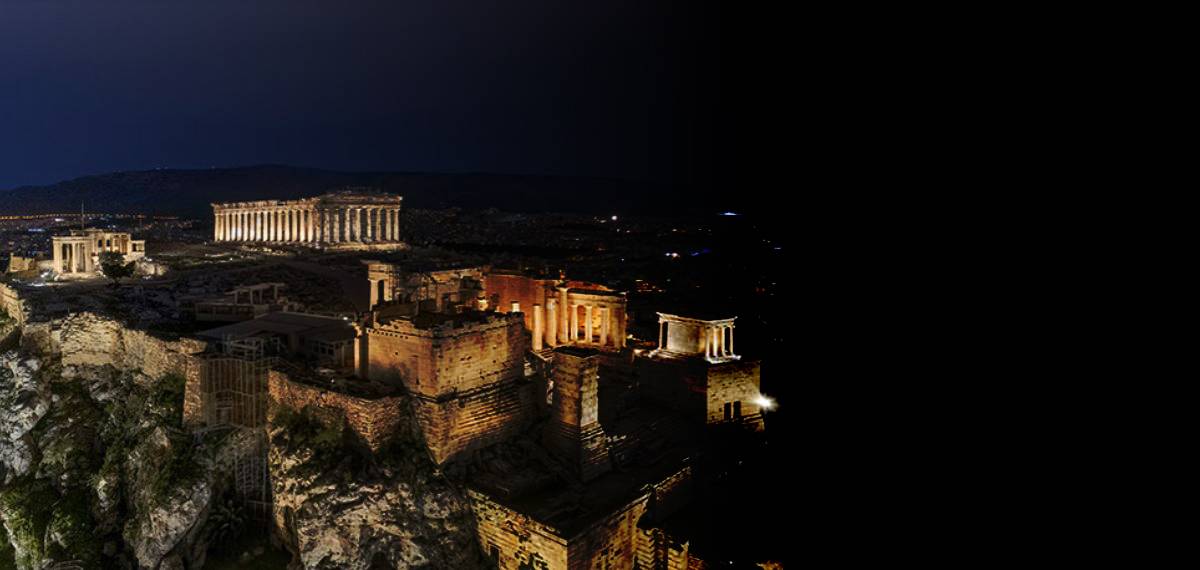
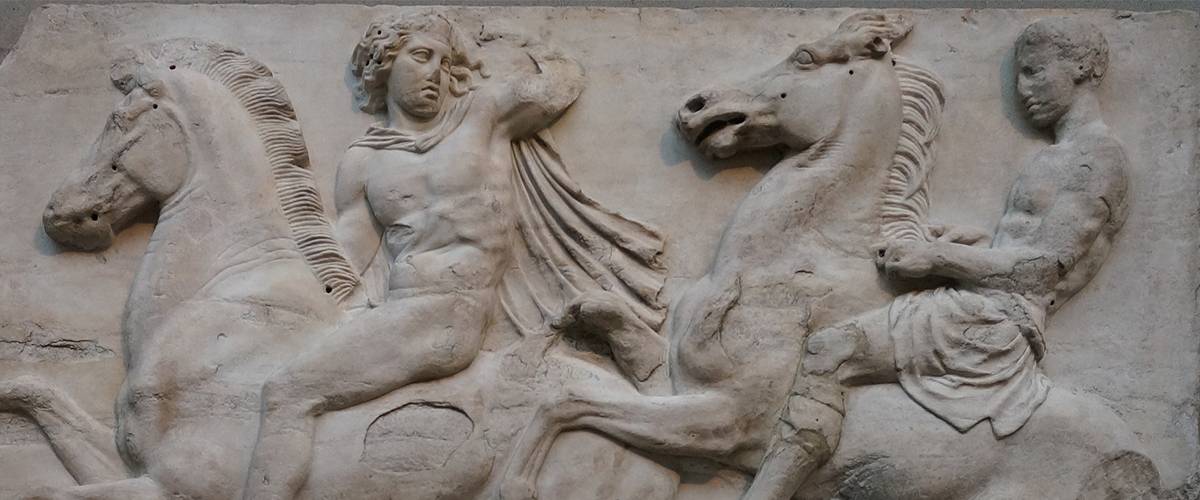

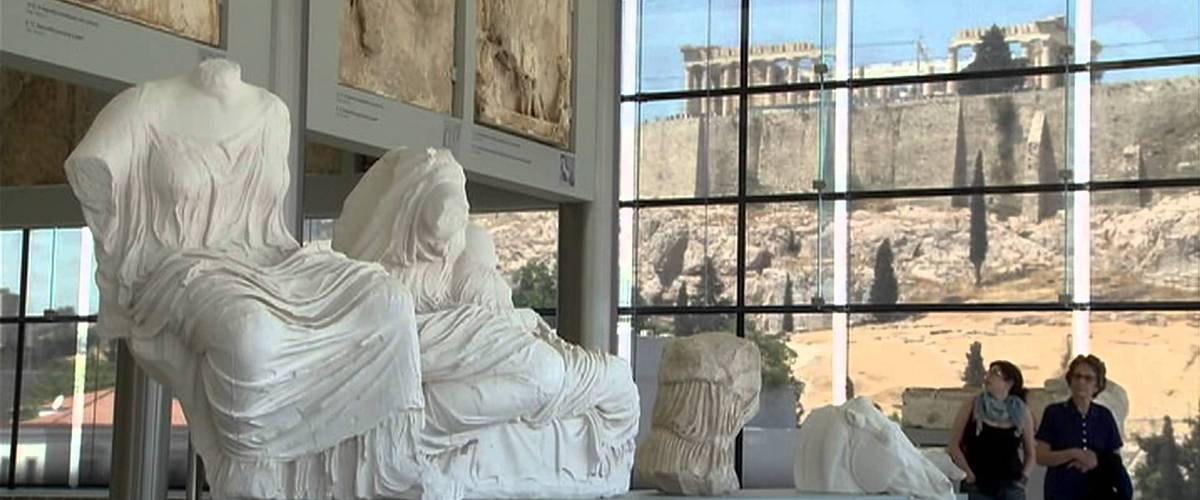
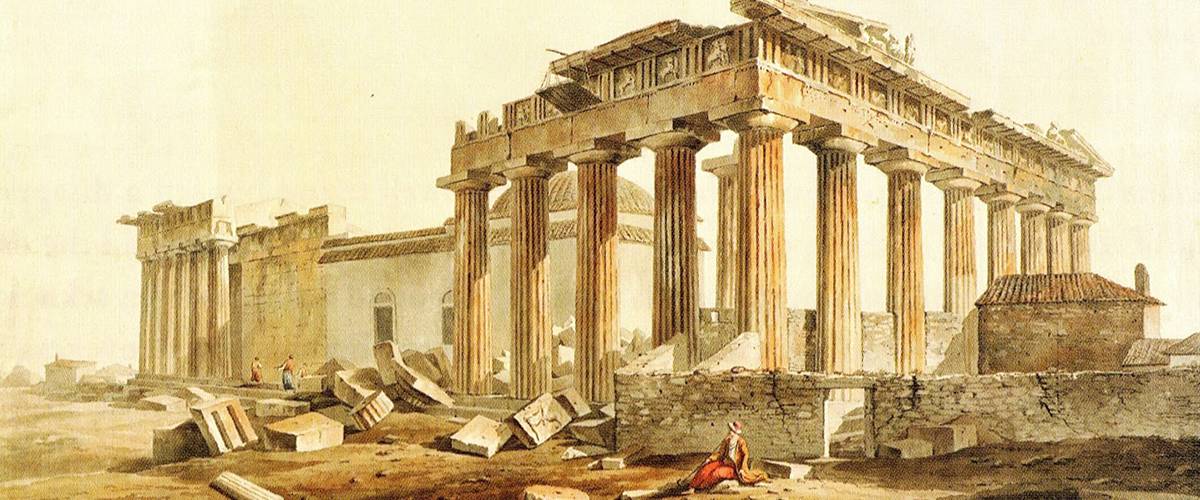
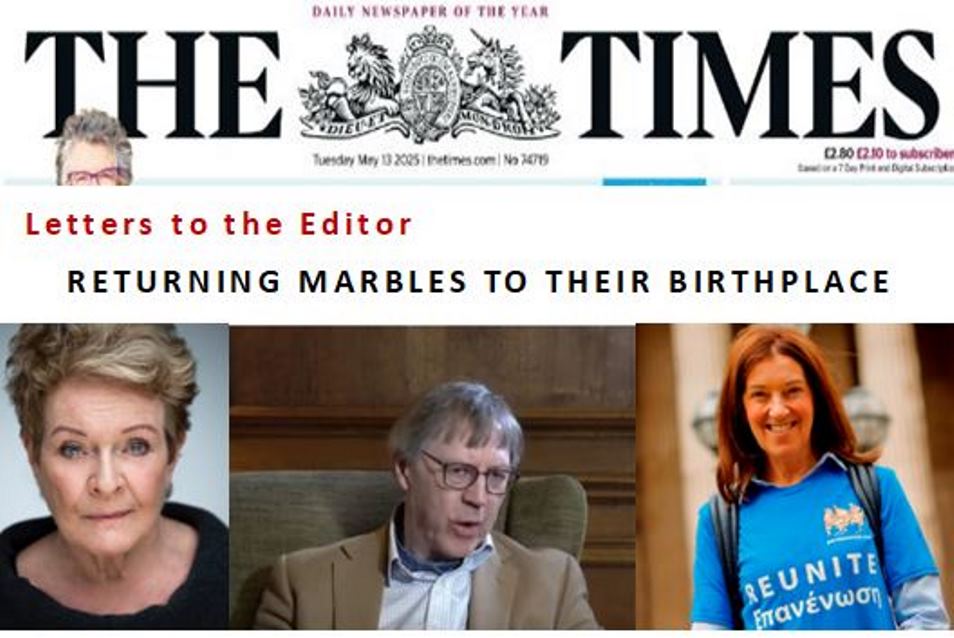
Comments powered by CComment